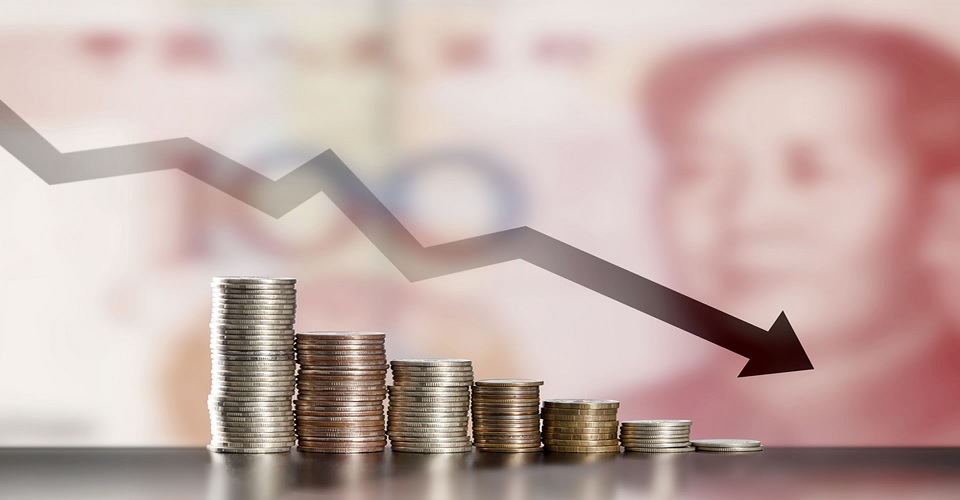Blog
What is Devaluation?

The term devaluation is used to describe a depreciation in a national currency against other currencies. It is important to avoid thinking that devaluation is the same as inflation, because even though in the latter case there is also a depreciation of the national currency, there is a change in the purchasing power, and so this depreciation needs to be seen vis-à-vis with the goods’ value. On the other hand devaluation is in relation to other currencies.
Thus devaluation is a relative concept, and hence we always need to mention the specific currency that the national currency is being compared with.
Devaluation can be controlled, that is the state purposely weakens the national currency for one or more reasons, such as, increasing the competitiveness of the currency, reducing costs of foreign exchange reserves, accelerate inflation, and reduce imports in a bid to support exporters.
However devaluation could also be uncontrolled. This could occur when there is a predominance of imports over exports, capital outflows in case of instabilities in the country as well as a result of inflation.
The following are some devaluation tools that are used:
- Applying changes in the discount rate – when this increases, the credit resources will end up becoming more expensive, and consequently inflation is reduced and so the depreciation of the national currency will eventually start to slow down
- Manual change of the national currency rate such as by abolishing a fixed rate and preferring a floating rate
- Buying out surpluses of the currency in the international market
While discussing devaluation we should also mention revaluation. This is when one currency is strengthened in relation to another. Hence, if currency A becomes cheaper (it devalues) in relation to currency B, then the latter will have had a revaluation in relation to the former currency.
Throughout the years there have been various cases of devaluation across different countries. Devaluation is an important concept as one can make money from it as long as one acts at the right time.
It is important to keep an eye on what is happening in a country with regards to its foreign exchange reserves and central bank decisions.
Thus devaluation is a relative concept, and hence we always need to mention the specific currency that the national currency is being compared with.
Devaluation can be controlled, that is the state purposely weakens the national currency for one or more reasons, such as, increasing the competitiveness of the currency, reducing costs of foreign exchange reserves, accelerate inflation, and reduce imports in a bid to support exporters.
However devaluation could also be uncontrolled. This could occur when there is a predominance of imports over exports, capital outflows in case of instabilities in the country as well as a result of inflation.
The following are some devaluation tools that are used:
- Applying changes in the discount rate – when this increases, the credit resources will end up becoming more expensive, and consequently inflation is reduced and so the depreciation of the national currency will eventually start to slow down
- Manual change of the national currency rate such as by abolishing a fixed rate and preferring a floating rate
- Buying out surpluses of the currency in the international market
While discussing devaluation we should also mention revaluation. This is when one currency is strengthened in relation to another. Hence, if currency A becomes cheaper (it devalues) in relation to currency B, then the latter will have had a revaluation in relation to the former currency.
Throughout the years there have been various cases of devaluation across different countries. Devaluation is an important concept as one can make money from it as long as one acts at the right time.
It is important to keep an eye on what is happening in a country with regards to its foreign exchange reserves and central bank decisions.